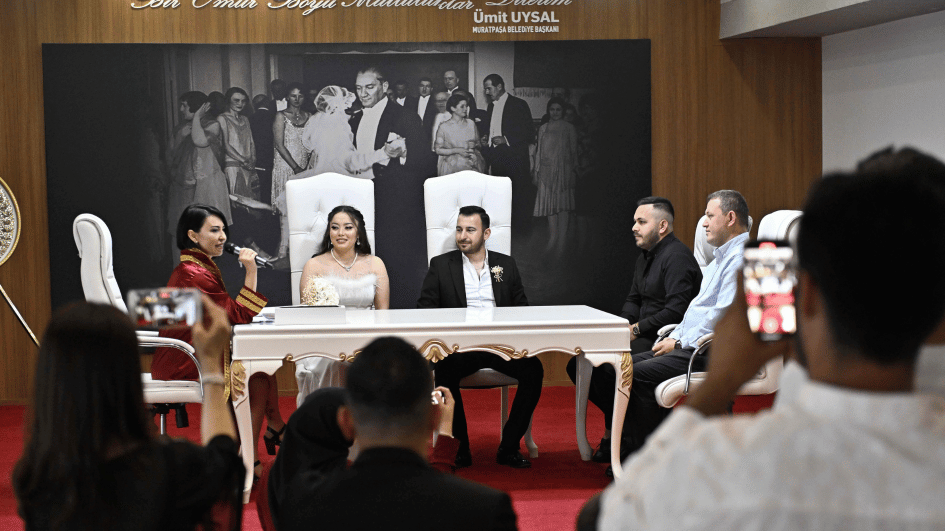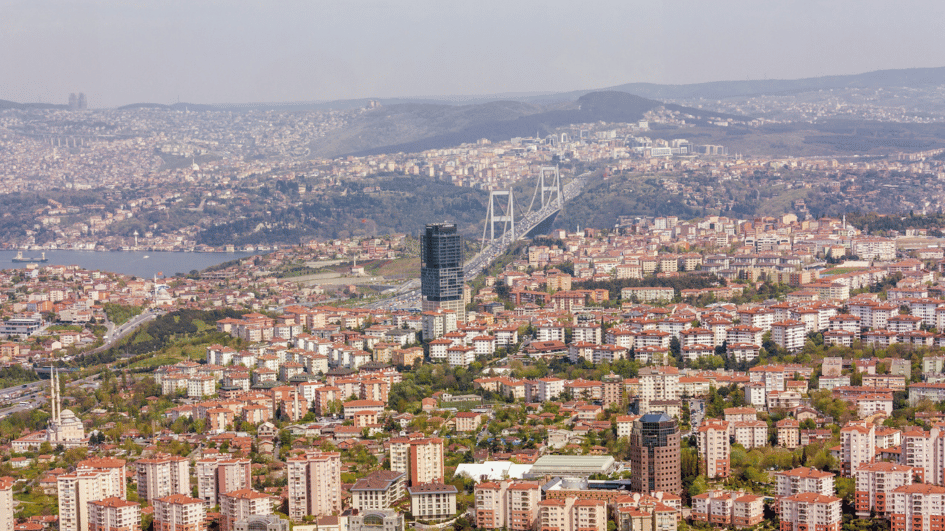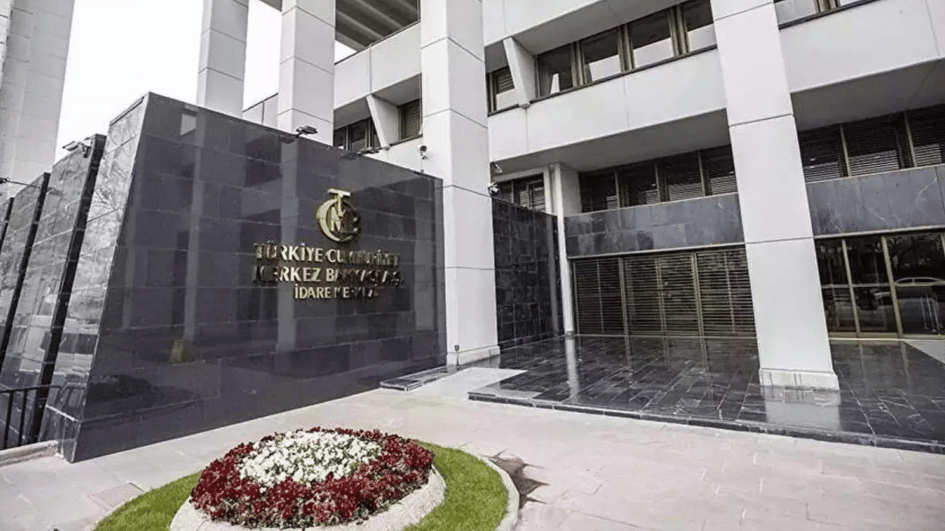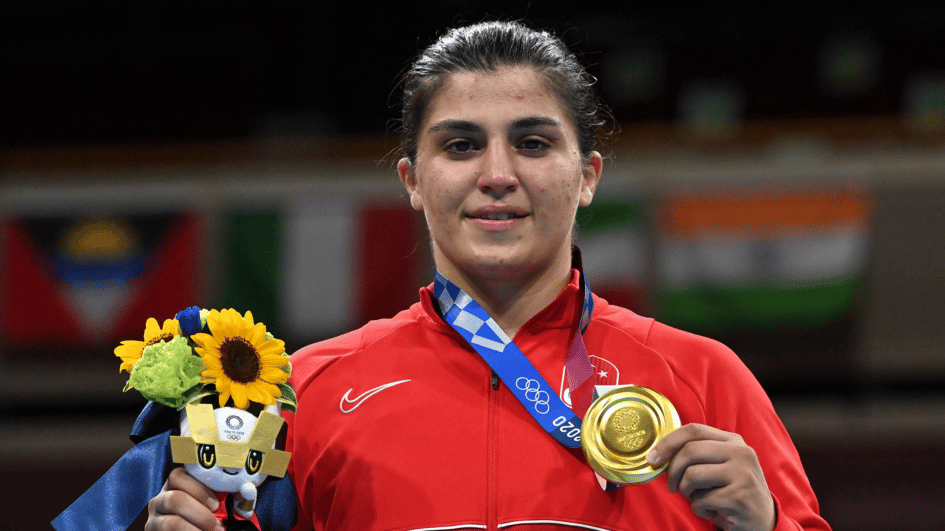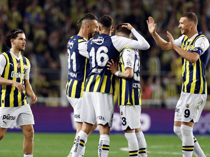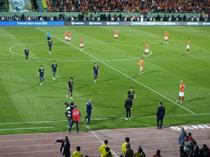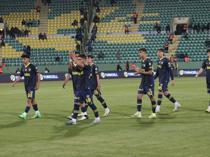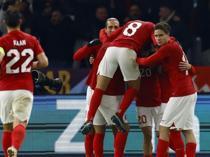Özil ‘shined a mirror in the face of the German nation’
Barçın Yinanç - barcin.yinanc@hdn.com.tr
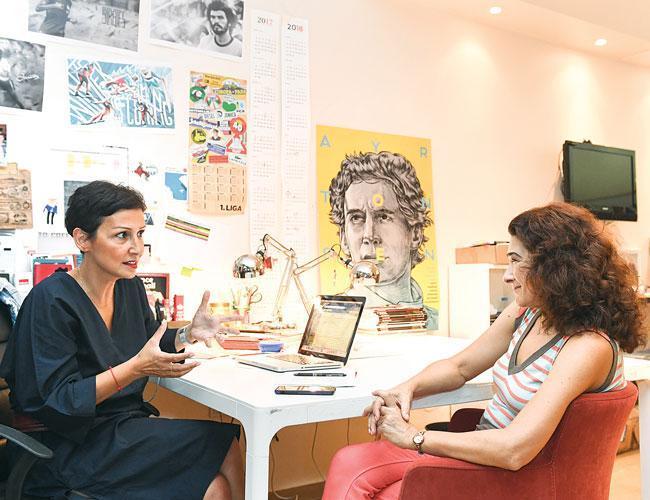
German-Turkish footballer Mesut Özil’s decision to quit the German national team citing racism is a wakeup call for the country, according to a prominent sports pundit.
“Mesut meant to say: ‘There are other team members of foreign origins, but you are doing this to me because I am a Turk and a Muslim,’” said Banu Yelkovan, who is currently the general coordinator of the German edition of the sport magazine “Socrates.”
“He meant to say ‘you don’t do that to a Polish origin player.’ And there I think he is right,” said Yelkovan, noting that Özil was once a hate figure in Turkey because he preferred to play for Germany.
What is your view on Özil case?
It resembles a football game but there are no winners here so far. The first half ended with the famous photo incident (taken posing with the Turkish President Recep Tayyip Erdoğan). This was a personal choice. However, in his statement, he says he had done the same (pose with Erdoğan) in 2010, 2011 and 2012 and had asked for permission from the German federation.
The second part of the game came after the World Cup, when Mesut did not play well and Germany was eliminated. And then as he had said, he went from being the German Özil to an immigrant. Ironically, he was described as a traitor in Turkey when he choose the German national team. In his book, he describes how he was criticized when he gave up Turkish citizenship. He was not treated well when he went to the Turkish Embassy to return his passport; they did not talk to him. He was seen to be a German then, but now, he is seen as a Turk.
Why do you say there are no winners so far?
The German federation has lost and I think there will be many changes in the federation. The president and the manager will have to leave. Mesut is not in a good position either. Let’s admit that last year, he did not play his best in Arsenal (which by the way, is currently backing him up.)
He has begun a debate and has not kept it a personal issue but has made it a bigger case for instance, by mentioning the company Mercedes-Benz stopped sponsoring him. He said this is a company that has been accused of using illegal and unauthorized software devices. He said, “I have done something personal,” whereas Mercedes-Benz has done wrong in something that relates to millions. In other words, Mesut has declared a war, and now, I do not think he will find a sponsor in Germany.
He could have kept it personal and said, “I like Erdoğan,” for instance, but he has currently started a debate that is now getting bigger.
Erdoğan is a highly unpopular figure in the eyes of the German public. Was Özil also a controversial figure previously?
Mesut Özil is a love and hate figure. At one time, Turks hated him because he picked the German team. Özil said, “I was born here, grew up here, and my football is German.” What could perhaps be a point of criticism is (the fact that Özil underestimated) the German public’s sensitivity.
The Turkish president called German’s Nazis. Even though we know history perfectly, we cannot understand the sensitivity Germans have about this matter. I will try to explain with a personal story: My mother raised us with strict discipline, so my sister and I used to say as a joke that we have Gestapo as a mother. It was funny and everyone understood what we meant. But this is not a joke you can make in Germany. Because this is not a joke in Germany. There is huge sensitivity about it for very solid reasons.
But then Mesut said, “this is the highest authority of the country of my parents; I could not say no to that meeting.” And then without keeping the issue at a personal level he said, “you have a problem.” He shines a mirror in the face of the Germans.
But was he previously a controversial figure or was it that picture that triggered the controversy?
He has always been under criticism. When he picked the German team, he used to receive anonymous hate messages from Turkey after each national game. Currently, it is the opposite. He is a very good player. Even if he had a bad season last year, he is still really good. At one stage, he was like the glue for Germany. Together with his generation of players, he became the glue. Following 2006, German football underwent a big transformation and players of mixed heritage were included on the team.
What Mesut meant to say is, there are members whose origins are foreign but you are doing this because I am a Turk and Muslim. He means to say “you don’t do that to a player of Polish origin.” And there, I think he is right.
The editor in chief of the German version of the Socrates magazine, Fatih Demireli, also relates to Mesut. He says, “Mesut represents me too. I was born in Germany and raised in Germany. I am happy here. I am not discriminated. But there is some kind of a deep current here that has made itself known for some time. As a Muslim German with Turkish parents, I feel it is there.”
But now the debate has also included Turkey. I wish we in Turkey could take lessons from this ordeal and face what we have done to Mesut in the past. We will most likely not end up having to face our mistakes from this debate. It seems the Germans are set to take lessons from this discussion.
Is it normal to blame just one person for the failure of the whole team in football?
We do have this tendency in football. Sometimes you have figures in the front line and then they take on the blame in the case of failure. Mesut played bad and he was targeted but he says everyone played bad but he has been targeted because of that photograph.
He might have been picked on then even if there had not been a picture.
Maybe. You are in the loop when you have a leadership position on the field. Mesut was the leader in the German team. When I said Mesut was the glue, this is what I meant. At one stage, Germany realized society has changed. It said, “I have to reflect this on the national team.” So they undertook a huge endeavor in terms of infrastructure and in the end, they had players on the team from different nationalities like Jerome Boateng and Mesut. And they became successful. And they called it “multikulti.” They said this is the new Germany and this is Germany’s new national team.
At that time, Mesut had been criticized for not singing the German national anthem. He said, “this is the time I have to be most concentrated on the game, so I pray. That is why I do not sing the national anthem.”
This time, however, instead of keeping it personal, he made it a bigger case and said this was being done to immigrants. He dared to do it and he did so at the expense of losing his sponsors. Perhaps he had the courage to do it because he is a player in the Premier League.
But there is another dimension with Mesut and that is the fact he is Muslim. No one says Polish origin and Christian, but Mesut is mentioned as a Turk and Muslim.
So you believe he has now triggered a bigger debate in Germany?
In the long run, I think Germany might come out as the winner in this “game,” because members of other migrant communities have started to say “we feel the same.” So this has turned into a debate and an exercise for the Germans to face themselves. We have not derived lessons from our experience (with Özil) but I feel the Germans might do so.
Özil has shined a mirror on the Germans. He also did the same to us but we did not hold the mirror. It seems Germans might be better at self-criticism. But I have to make a reminder of one point: Germany and Turkey have both put their candidacy forward to host the UEFA Euro 2024 and the decision will be announced in September.
Do you think what is happening is also related to the political and social developments of the past few years?
Of course. Look at the rise in the votes of the far right, in Germany and Austria. Europe cannot handle 100,000 to 200,000 Syrians, while we host 3.5 million Syrians. There is real hypocrisy there.
 Who is Banu Yelkovan?
Who is Banu Yelkovan?
Born in Istanbul, Banu Yelkovan is a graduate of the Saint Michel French High School. She later graduated from the international relations department of Istanbul University. She also studied photography in Paris.
She started her journalism career as a translator and continued the profession in different positions as reporter, editor, and editor in chief. She started sports journalism in the first half of the 2000s with Radikal daily.
While she worked as the editor in chief of football magazine FourFourTwo, she also became a frequent commentator on various television networks.
Yelkovan is currently the general coordinator of the German edition of the Istanbul-based monthly sports magazine “Socrates.”


